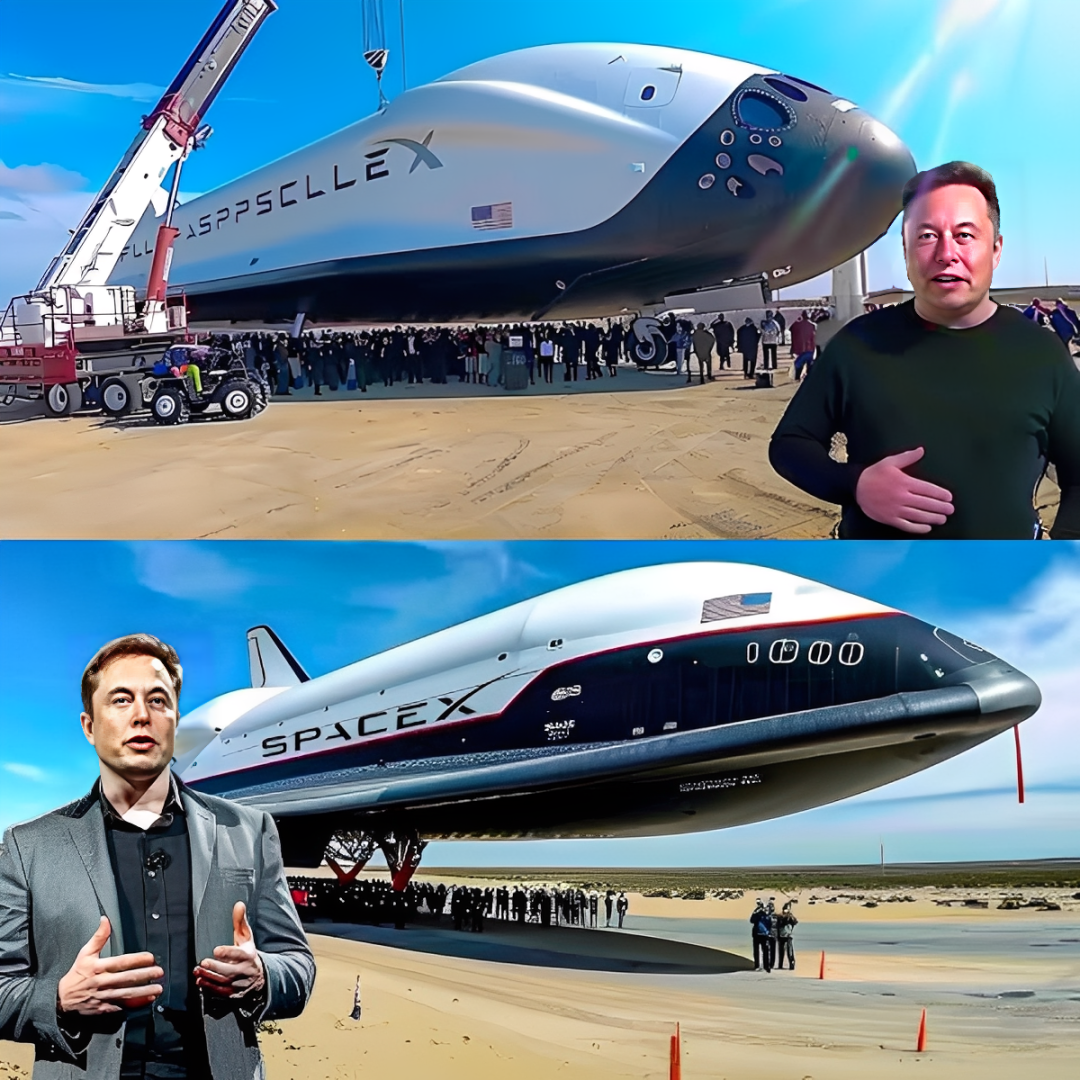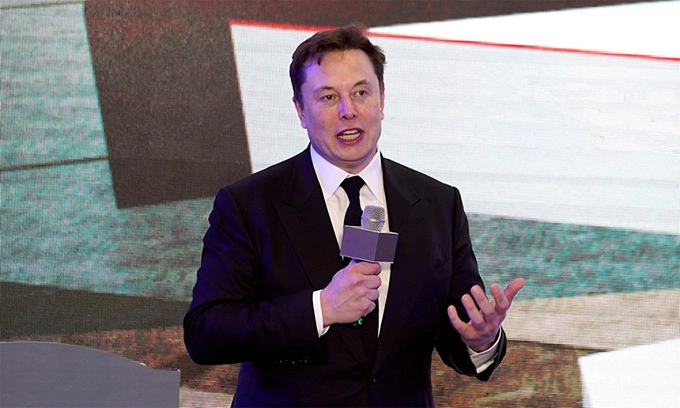New York, NY — In a move that has stunned Wall Street and the global aerospace industry, Elon Musk has quietly completed a multi-billion-dollar acquisition of Boeing. The deal, revealed in a surprise filing late last night, instantly reshapes the future of aviation and space travel — and raises extraordinary questions about Musk’s next move.

Shockwaves Across Wall Street
Traders awoke to chaos as Boeing’s stock surged and Tesla’s trading volume spiked. Analysts scrambled to assess the implications of Musk adding one of the world’s largest aerospace companies to his growing empire, which already includes Tesla, SpaceX, Neuralink, and X (formerly Twitter).
“This is the most audacious corporate takeover of the century,” said Mark Reynolds, an aerospace market strategist. “Boeing is a backbone of U.S. defense, commercial aviation, and global supply chains. For Musk to control it changes everything.”
Rumors Take Flight
Almost immediately, speculation exploded across social media. Some suggested Musk could merge Boeing’s passenger jet expertise with SpaceX’s technology, potentially transforming airliners into suborbital space shuttles. Others floated the possibility of Boeing becoming the cornerstone of Musk’s long-term vision for interplanetary travel.
“Passenger jets into space shuttles? It sounds wild — but if anyone would even consider it, it’s Musk,” one industry insider commented.

Strategic Vision or Bold Gamble?
Supporters see the acquisition as a genius move that consolidates Musk’s influence over both air and space. Boeing’s deep government ties and massive manufacturing capacity could complement SpaceX’s innovative engineering, creating an unmatched aerospace powerhouse.
Critics, however, warn of enormous risks. Boeing has faced years of turbulence, from safety scandals to supply chain struggles, and merging it with Musk’s ventures may stretch resources thin.
“Boeing isn’t a quick fix. It’s a complex machine that even seasoned CEOs have struggled to manage,” said Jennifer Lee, an aviation analyst. “If Musk tries to apply Silicon Valley speed to it, things could break.”
Political and Global Repercussions
The acquisition also carries geopolitical weight. Boeing is not just a commercial giant but a critical defense contractor. Lawmakers are already demanding hearings to understand how the deal was approved and what it means for national security.
Meanwhile, international rivals like Airbus are bracing for impact. “This fundamentally alters the competitive balance in global aviation,” said a European industry official.
Musk Breaks His Silence
In a brief statement on X, Musk confirmed the acquisition but left details intentionally vague. “Excited to reimagine the future of flight. More to come,” he posted, sparking millions of replies within minutes.
True to form, he added a cryptic follow-up: “Why fly when you can fly to space?” — only fueling speculation about his ultimate intentions.

What Comes Next
For now, Boeing will reportedly continue operating under its existing brand, though insiders expect sweeping changes in leadership and direction within months. Investors, regulators, and the public are all bracing for what Musk reveals next.
One thing is certain: with Boeing under his control, Elon Musk is no longer just leading the charge into space — he now dominates the skies as well.